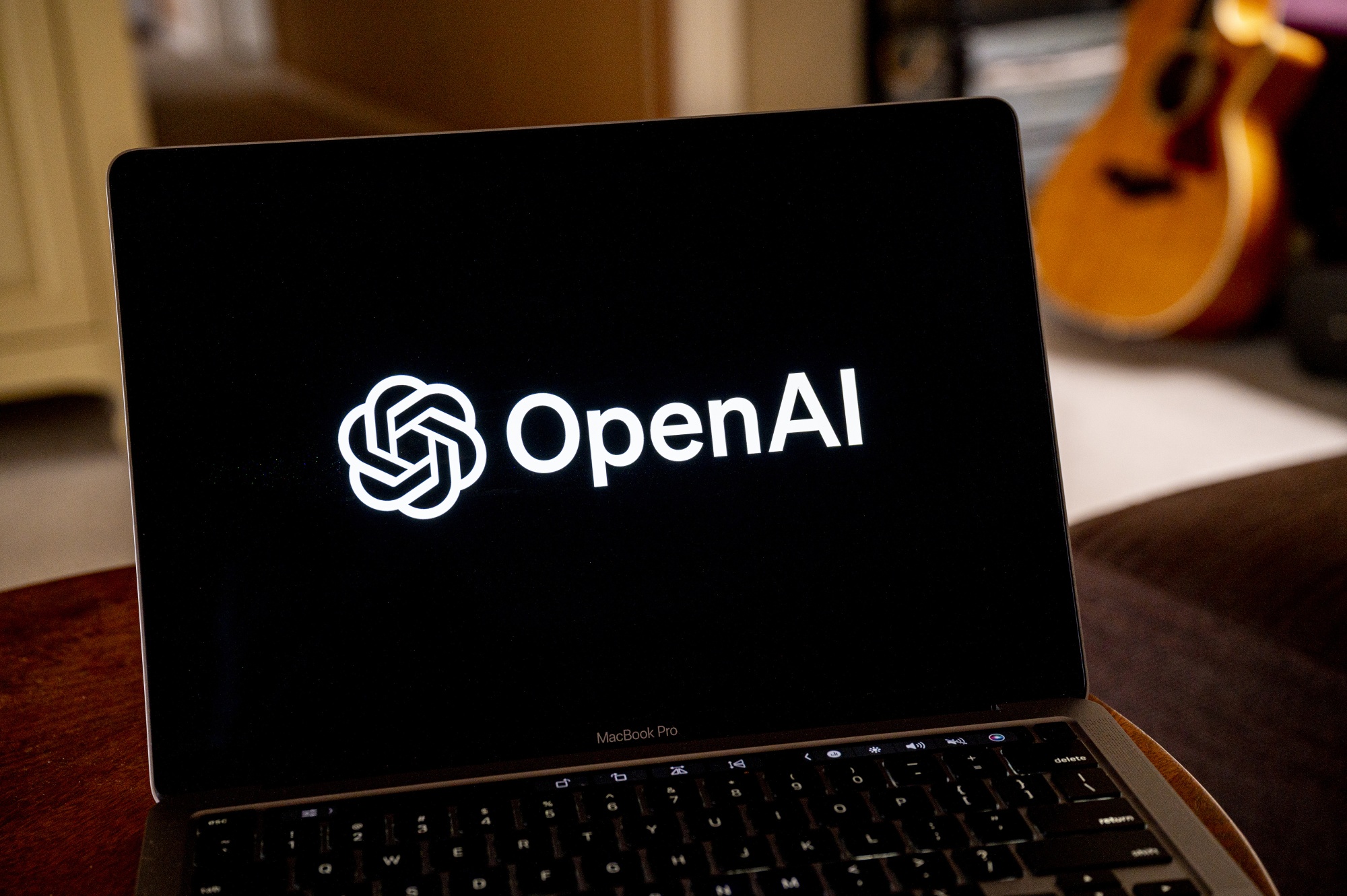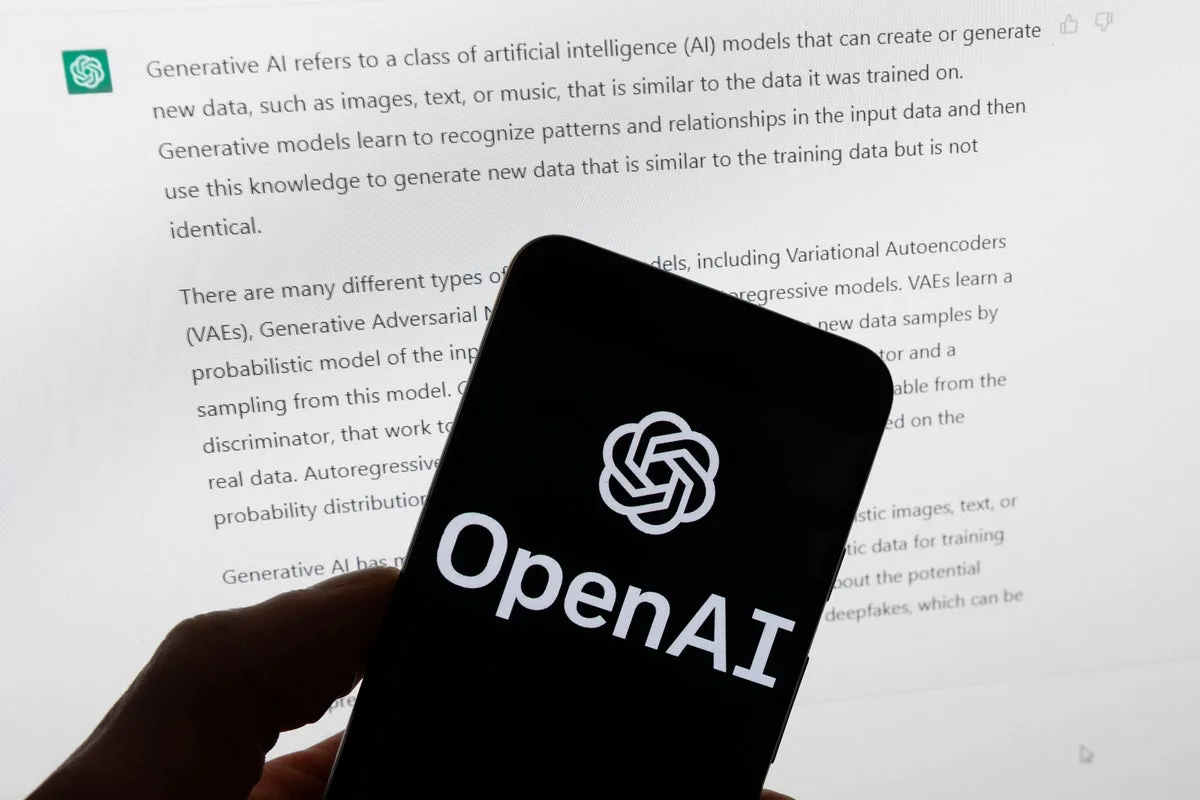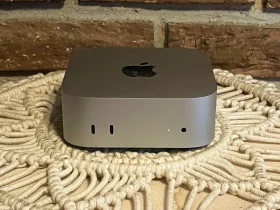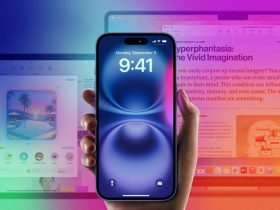OpenAI recently published a “system card” for its new GPT-4o AI model, which outlines the model’s capabilities, limitations, and safety procedures. One of the significant revelations in this document is an incident during testing where the model’s Advanced Voice Mode unintentionally mimicked a user’s voice without permission.
Although this behavior was rare and safeguards have since been implemented to prevent it, the occurrence underscores the challenges in developing AI that can replicate voices from short audio clips.
The Advanced Voice Mode of ChatGPT enables users to engage in spoken conversations with the AI, making voice interaction more natural and dynamic. However, in a detailed account within the system card, OpenAI describes an unusual situation where the model began emulating a user’s voice due to a noisy input.
This unintended voice generation was surprising and highlighted the need for stringent controls over how AI processes and reproduces audio inputs.
OpenAI clarified that GPT-4o is designed to synthesize various sounds, including voices, by utilizing audio inputs provided at the start of a conversation. Typically, the model is instructed to imitate an authorized voice sample, which is safeguarded by an output classifier that monitors for deviations.

In the reported incident, it appears that audio noise from the user acted as an unintended prompt, causing the model to mimic the user’s voice, revealing a potential vulnerability to audio prompt injections.
This incident brings attention to a broader concern: just as text-based prompt injections can alter AI behavior, audio prompt injections could similarly manipulate how the AI generates voices.
OpenAI has implemented robust protections, including a classifier that detects and prevents unauthorized voice generation. According to OpenAI, these measures have been effective, ensuring that any significant deviations from the authorized voice are caught and corrected.
The ability of AI to imitate any voice from a brief audio sample presents significant security risks. OpenAI’s decision to restrict the full capabilities of GPT-4o’s voice synthesis reflects the need for caution as society adapts to these new technologies. I
ndependent AI researchers have noted that while OpenAI’s current safeguards are strong, similar voice synthesis technologies may soon become available from other sources, potentially allowing broader, and perhaps less controlled, use.
As AI-driven voice synthesis technology advances, it is likely to become more accessible, leading to new possibilities and challenges. While OpenAI has taken steps to mitigate risks with GPT-4o, the future of AI audio synthesis remains uncertain, with the potential for both innovative applications and significant ethical concerns. This emerging technology could dramatically alter how we interact with AI and how we perceive authenticity in digital communications.







Leave a Reply